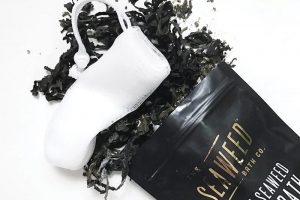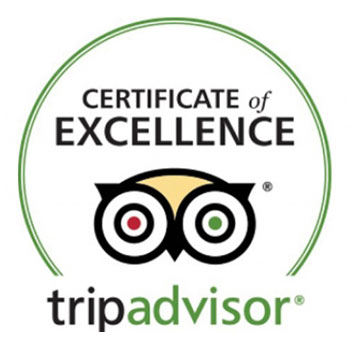Seaweed Season
Simple Miso Soup
Prep and Cook in under 15 minutes
Ingredients
- 4 cups Water
- 3/4 cup Shredded Seaweed
- 3 tablespoons White miso paste
- 1/3 cup chopped green onion
- 1/3 cup cubed tofu
Preparation
- Bring water to a boil in saucepan. Add the seaweed and let simmer for five minutes.
- In a small bowl, add a few teaspoons of warm water to miso paste to prevent clumping.
- Add the miso paste, green onion and tofu. Let simmer another five to seven minutes, and then season with salt or soy sauce to taste.
Sautéed Seaweed
Prep and cook in under 15 minutes
Ingredients
- 2 tablespoons Sesame oil
- 1/4 cup Sliced mushroom
- 1/4 cup Sliced onions
- 1 cup Sliced seaweed
- 1 teaspoon soysauce
Preparation
- In a frying pan, heat one tablespoon of oil on medium-high heat. Add the mushrooms and cook until golden brown. Set mushrooms aside.
- Add second tablespoon of oil. Once hot, add the onions. When slightly golden, add the seaweed and cook until tender.
- Add the mushrooms back into the pan, and season with soy sauce or tamari.



 Seaweed is as good for the skin as it is for the inside of your body. We asked Kim Chisholm, seaweed expert at Seaweed Bath Co., why we should all be turning our bathtubs into relaxing seawater escapes. Their products, ranging from shampoos to sea salts, can be found at select local Whole Foods, as well as online at seaweedbathco.com.
Seaweed is as good for the skin as it is for the inside of your body. We asked Kim Chisholm, seaweed expert at Seaweed Bath Co., why we should all be turning our bathtubs into relaxing seawater escapes. Their products, ranging from shampoos to sea salts, can be found at select local Whole Foods, as well as online at seaweedbathco.com.







